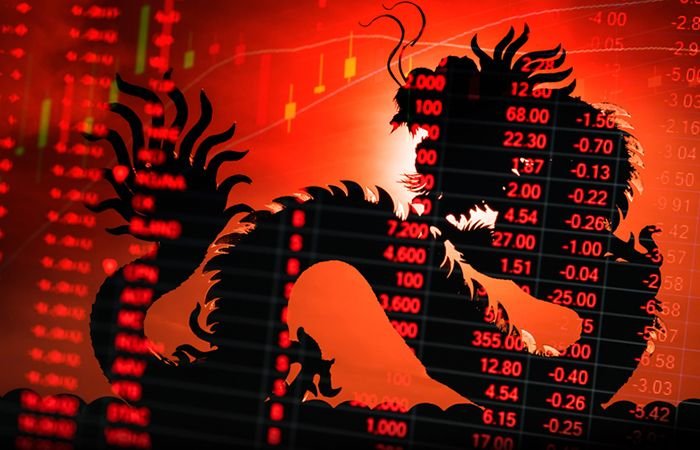 Herd mentality is a well-documented behavioural bias when it comes to investing.
Herd mentality is a well-documented behavioural bias when it comes to investing.
Investors can be their own worst enemies, buying and selling at precisely the wrong time. It can mean missing out on less favoured or less understood opportunities.
Finding mispriced opportunities is one way investors can avoid falling into the trap of following the herd. As American investor Howard Marks once famously said: “In order to outperform, by definition, you have to depart from the crowd.”
A recent example of this is China.
China has struggled for a variety of reasons over the past few years. These include more stringent and elongated Covid lockdowns compared to other regions, increasing regulatory controls around technology (which have caused tension with other nations), an overheated property market and geopolitical risks with countries such as the US.
Together, this has created an economic slowdown, with investors shunning the region and causing outflows, resulting in equity prices falling. This has led to valuation gaps between how the assets are priced and what our analysis showed to be their long-term fair value in the region.
When China relinquished its extended lockdown in November 2022, there was an initial upswing in markets, anticipating a large rebound from the pandemic and great consumer-led pent-up demand as we saw in the US and UK.
But it was different in China and the market fell back again because this didn’t materialise. Chinese consumers have been more cautious about the health of the economy, while a lack of government financial support during the pandemic meant they simply didn’t have the same spending power as UK or US consumers.
China has some of the characteristics that make it an attractive contrarian play and while media perceptions often paint a dire picture, when analysing an asset it is important to understand what is already baked into the price.
Based on robust research and data, we choose to invest in China where others bail out, having identified valuation gaps that, over the long term, we expect to close as recovery begins to pick up.
We believe China offers strong absolute and relative value over the long term, even allowing for potential further shocks. Of course, it is important to remain cognisant to the risks in the region and uncertainty is nothing new. This is why sizing positions in portfolios is important, while continually monitoring closely to understand any changes that would alter our conviction.
Applying a margin of safety when estimating cashflows and valuing assets is also important, especially in emerging markets, where risks can be higher compared to developed markets.
China is just one example but there are many opportunities to look out for. Another area where we spot these valuation gaps is with defensive stocks such as utilities, healthcare and consumer staples, which tend to provide consistent dividends and stable earnings not linked to the health of the wider economy.
As well as their defensive nature and diversification benefits, utilities saw a significant improvement in valuations in the 12 months prior to October 2023, as bond yields rose and the discount rate, traditionally used to value listed infrastructure, rose.
As a result, exposure to these sectors can provide a differentiated return profile to other equity sectors, thereby providing important diversification benefits, especially in times of market uncertainty. And not long ago, we were relatively alone in being enthusiastic about energy stocks, but this has proved fruitful.
When investing, it is important to be cognisant of our behavioural biases, such as herd investing.
Natalie Tysoe is portfolio specialist at Morningstar Wealth

